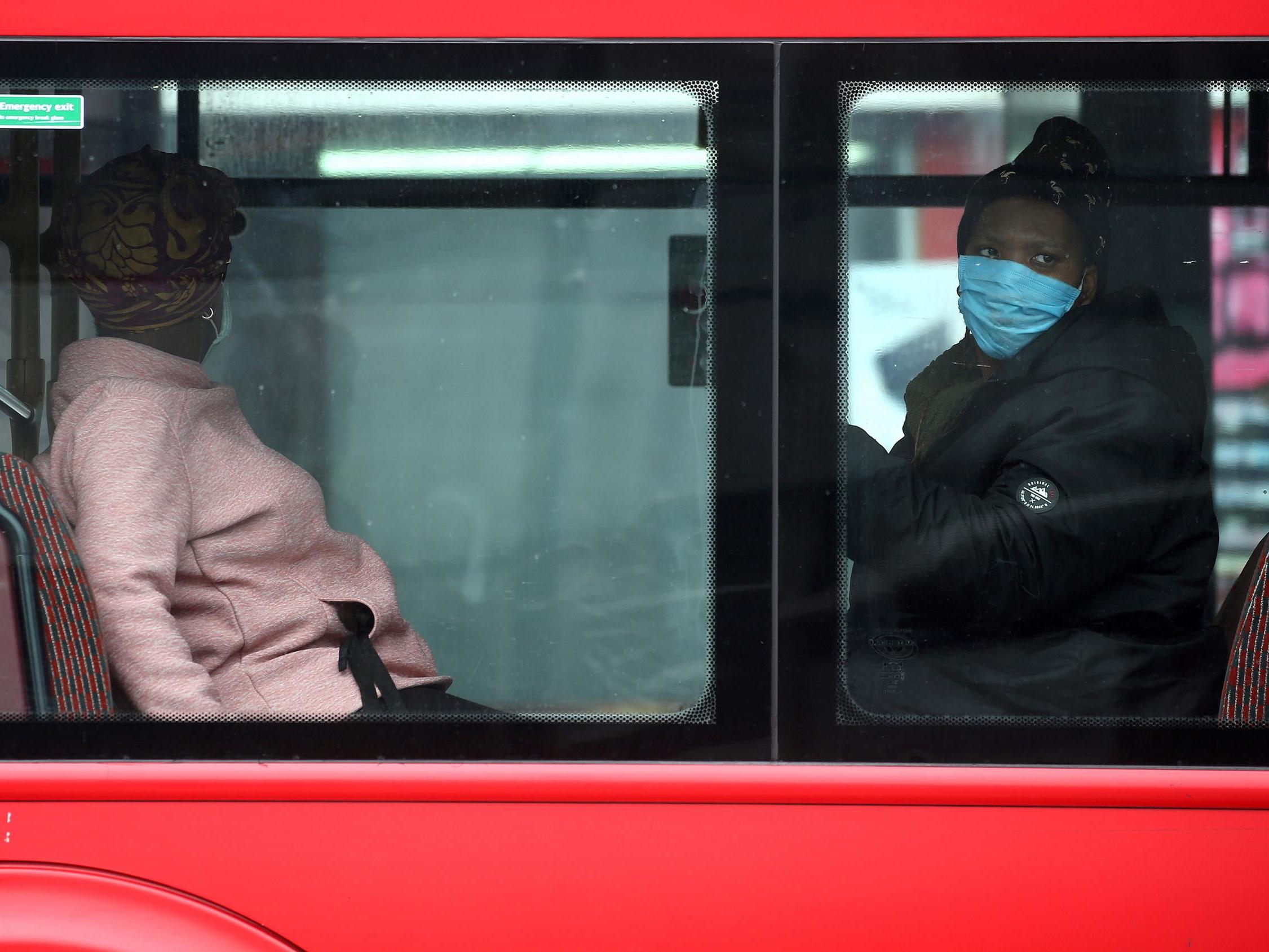More black people are dying from coronavirus – this shows the urgency of getting to the root of the pandemic
Editorial: This is a matter of life and death. Looking into the issues that criss-cross health inequalities has only made that clearer

Poorer health outcomes for people from ethnic minority backgrounds in, tragically, nothing new. The early evidence on the Covid-19 pandemic suggests that the disparities are as great, if not even starker for this new disease.
On the latest data available, the Office for National Statistics reports that black people are around four times more likely to die from Covid-19 than are white people. Even adjusting for different age profiles, socioeconomic status, health, education and living arrangements, black people still suffer a mortality rate twice that of their white counterparts. Similar patterns apply to other minority ethnic groups, though the Chinese community tend towards the pattern of white communities.
In other words, not all of the differences are entirely explained by often mentioned factors such as differential rates of diabetes or the fact that underlying ill health is often associated with lower-income households, though those are powerful influences. The Covid-19 and other health inequalities are all the more poignant because of the high proportion of Bame professionals in the health and social care sectors, where they also suffer a higher than average death rate.
Despite some media attention being paid to the issue, there are still too many questions unresolved – and the need for answers is urgent. These surround the two ways in which this disproportionately high Bame death rate could have arisen. Either Bame people are more likely to get infected, or more likely to die during their illness or both.
It could be that Bame people are over-represented in riskier, public-facing roles, and less likely to be able to work from home. Jobs in public transport, hospitality and indeed health and care do indeed expose too many to the coronavirus. That strongly reinforces the case for providing adequate protective equipment and enforcing social distancing in such areas. Where it is difficult to do so, for example on a bus or in a restaurant, then the case is made the case for a longer lockdown and for the bulk of the population to stay at home until the infection rate is far lower, and the new testing regime can cope with demand. Obviously, this does not seem a moment for any weakening of the “stay at home” message. This is something that Nicola Sturgeon, first minister of Scotland, may have a shrewder grasp of than Boris Johnson.
There are also concerns about whether Bame patients have fair access to the best medical facilities and are being referred in a timely fashion. Is there any sign of structural problems with health provisions – are poorer patients being found in the less effective or hardest-pressed hospitals? Not all hospitals or care homes are equal, even if the staff are equally dedicated and selfless.
The ONS has moved with commendable speed to get to the heart of these problems, but it cannot do all the work, let alone change things. The government, via Public Health England, has appointed Professor Kevin Fenton to conduct a review into how ethnicity, gender, obesity and other factors have operated in this pandemic. The review endured some controversy when Trevor Phillips was asked to take part in it. Plainly, for many his involvement is problematic, but whoever happens to be involved it needs to complete its work, or at least publish done interim findings as rapidly as possible.
The Fenton Review has not the luxury of time to ruminate over the many admittedly complex issues that criss-cross health inequalities. This is really a matter of life and death and a time for action. It needs to be treated as such.
Join our commenting forum
Join thought-provoking conversations, follow other Independent readers and see their replies
Comments